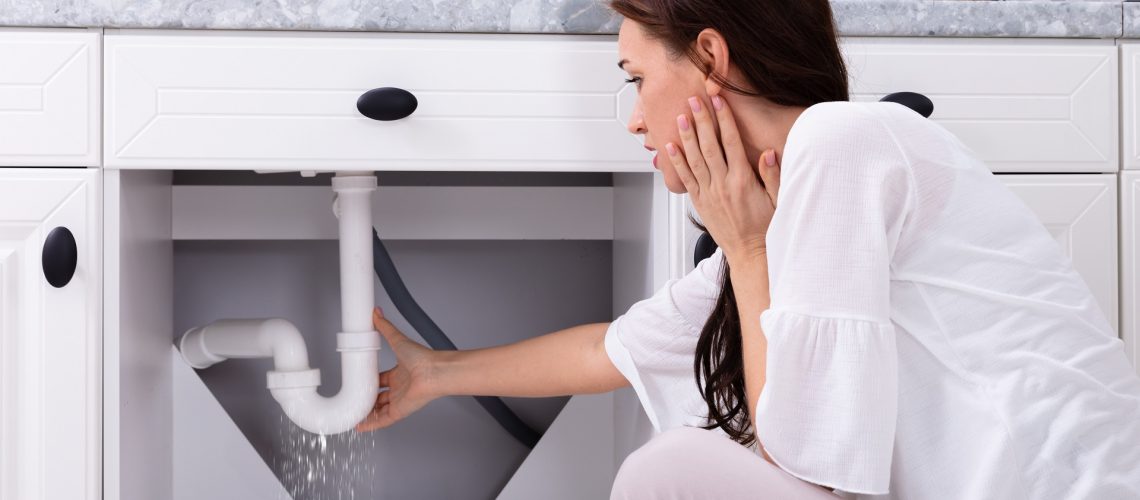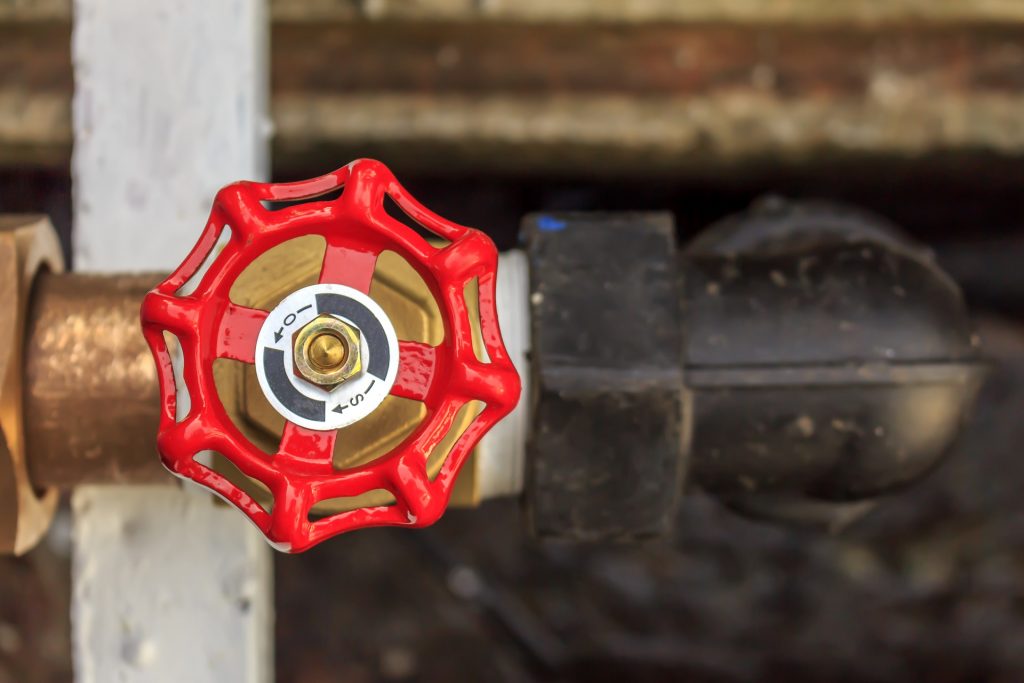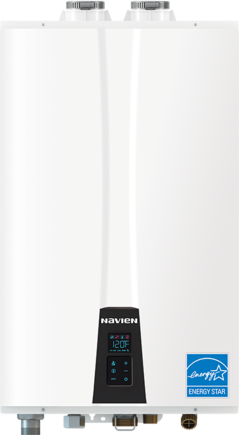Menu

A Step-By-Step Guide to Plumbing Emergencies
If you love working around the house, a plumbing project may seem like a good task to hop on. Any sign of an emergency, however, should be left in the hands of a professional. As a homeowner, you’ll likely be dealing with a plumbing emergency at some point. It could come in the form of burst pipes, a faulty heater, a leaky water valve, or even an exploding toilet.
Regardless of its nature, learning how to properly handle a plumbing emergency will help you regain a sense of control, letting you protect your home as you wait for the repair service to arrive. Here’s a step-by-step guide to follow, which can come in handy should you find yourself in the middle of an emergency:
Step #1: Shut off your water source
As soon as you’ve come across the emergency site, turn off your water source. For floodings or larger emergencies, turn off the main valve in your home. Smaller equipment such as toilets won’t require you to do much—simply just turn off the valve located at the base. Stop the flow of water as soon as possible to reduce any risk of extensive water damage.

Step #2: Investigate your water heater
In any plumbing emergency, it’s important to turn your water heater off. This will prevent extensive damage to the unit, preventing heat from welling up inside of it. Make sure to do this as soon as the main valve has been shut off because failing to do so will result in overheating. In some cases, it could even result in a burst! If you’re using a gas water heater, always turn it off first.

Step #3: Tackle small leaks
Although the damage may look extensive, there will always be small leaks you can easily identify. Once you do, act as soon as possible and stop it. If you have plumber’s tape in your toolbox, use it to stop the leaks. You can also stuff towels and rags around pipes, as well as place buckets below leaks and drips to prevent further damage. As you perform these tasks, take note of all the small leaks and let your plumbers know as soon as they arrive.
Step #4: Call and listen to your plumber
In emergencies, it’s easy to lose sight of what’s needed and fall into a state of panic. As such, many people forget to call plumbers. Remember that you’ll reduce the onset of damage by calling right away, so don’t hesitate to contact an expert. The best part of calling early means you’ll get initial help. Seeing as your call will likely be answered by professionals, they’ll let you know if a situation is too dangerous for you to handle. If they tell you to leave, listen—doing so can save your life!
The Takeaway
Any form of plumbing emergency can incite panic, but if you slow down and assess the situation, you’ll be able to minimize the damages. The steps discussed above will help you through a plumbing problem, but don’t forget to call a plumber during the process. It’s also highly encouraged to keep a list of contacts you can easily access—one that should include your plumber’s number.
We offer plumbing services in Abbotsford, BC – our team of professional plumbers guarantees quick responses, transparent work, and high-quality service. Make an appointment with us today!


